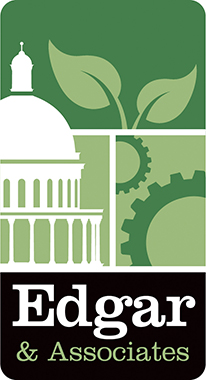Chasing Money Not Arrows

The massive budget surplus allowed the Governor and the legislative Democrats to go all in, to address so many issues. With a daunting drought and an inflamed forest, California became the poster child of ‘Code Red for Humanity’ that the United Nations issued. With time running out to curtail irreversible damage due to climate change, SB 619 bought one year of no penalties and the State delivered $270 million to CalRecycle to implement SB 1383 and mitigate methane. This year, local government received TIME and MONEY for Christmas. Hallelujah!!!
In the largest climate package in State history – with over $15 billion in funding to tackle wildfire and drought challenges, build climate resilience in communities, promote sustainable agriculture – we will advance a nation-leading climate agenda. California is committing $1.1 billion over two years to support sustainable agriculture practices and create a resilient and equitable food system. These efforts include investments to promote healthy soil management and support for livestock methane reduction efforts. Methane belched its way to being noticed. For many years, methane was overlooked in the climate conversation, as CARB pushed electric dreams. Cutting methane emissions is the fastest opportunity we have to bend the climate curve, as echoed by the United Nations and the Biden administration.
The Statewide Recycling Commission published a list of ‘What is Recyclable’ and SB 1335 regulations also listed what is compostable. You can check the list twice to turn back wishful recycling and composting. We had to get rid of the chasing arrows with SB 343 (Allen) to promote a circular economy. AB 1201 (Ting), the Better Composting Standards Act, was enacted to maintain the compostability list. CalRecycle presented the State of Recycling report summary on the statewide recycling rate at 42%, not making it to the 75% goal for 2020. The California Green Innovation Index calls this out as a contributor for California not progressing on its greenhouse gas reduction goals. CARB has started to model scenarios to be carbon neutral by 2035 as part of the Scoping Plan Third Update and has once again overlooked the near-term programs that the Waste Sector can deliver now.
As 2021 winds down, awash with unanticipated billions of dollars, local government, with the waste industry, is gearing up for SB 1383 implementation (starting on January 1, 2022) with help on the way. Surpassing a sense of hopelessness and confusion of last year, and being recognized as an essential public service, the industry was able to ride the waves of pandemic uncertainty and deliver on the programs needed to bend the climate curve and divert organics from landfilling.
